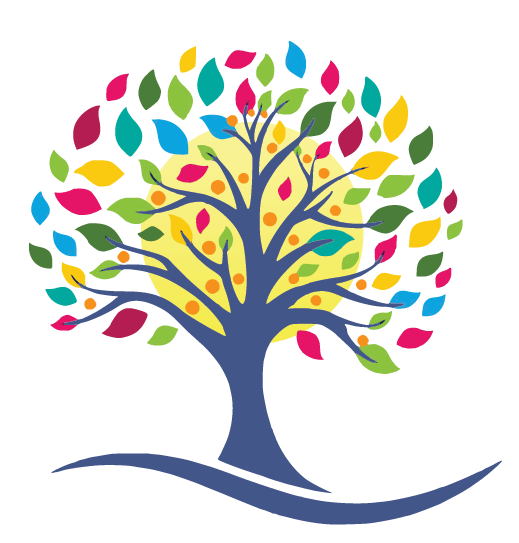01 August 2024
Freedom from Guilt
Page 223
"Our addiction enslaved us. We were prisoners of our own mind and were condemned by our own guilt."
Basic Text, p. 7
Just for Today: I am grateful for my assets and accept my liabilities. Through willingness and humility, I am freed to progress in my recovery and achieve freedom from guilt.

Freedom from Guilt
Navigating the Path to Recovery
Guilt often stands as one of the most formidable obstacles in the journey of recovery. It is a persistent and nagging presence that can enslave us, trapping us in a cycle of self-condemnation and regret. This article delves into understanding guilt, how it affects our recovery, and practical steps towards achieving freedom from it.
Understanding the Weight of Guilt
The Shackles of Addiction
Addiction often ensnares us in a web of guilt and self-reproach. It is not merely the substance or behavior that binds us, but the guilt that festers as a result of our actions. This guilt transforms into self-loathing, creating a barrier to our recovery and preventing us from moving forward.
The Paradox of Self-Forgiveness
One of the more notorious aspects of guilt in recovery is the struggle with self-forgiveness. We may genuinely desire to forgive ourselves but find it difficult to truly feel forgiven. This internal conflict can perpetuate a cycle of guilt and failure, making it challenging to progress.
Breaking the Chains of Guilt
Challenging the Unbreakable Chain
Guilt and failure do not form an unbreakable chain; rather, they are elements we can confront and transform. A key step in overcoming this obstacle is understanding that our self-perceptions and actions are not fixed. By engaging in honest sharing with a sponsor or fellow recovering addicts, we can gain a clearer perspective on our role in our recovery journey.
Honest Sharing and Reflection
Sharing our experiences and feelings openly can provide a reality check and help us see our situation more clearly. Through these discussions, we often realize that our expectations may have been too high or unrealistic. This understanding allows us to shift our focus from the problems we face to the solutions available to us.
Embracing Reality
Discovering Our True Self
In the process of recovery, we begin to uncover who we truly are. We are neither the idealized perfect beings nor the wholly flawed individuals we once perceived ourselves to be. Embracing this reality is crucial in freeing ourselves from guilt. We do not need to conform to our past illusions but instead accept our genuine selves.
Living in the Present
To achieve freedom from guilt, we must live in the present reality rather than being anchored by past mistakes or unrealistic ideals. Accepting ourselves with our assets and liabilities allows us to focus on progress rather than dwelling on past failures.
Practical Steps for Recovery
Embracing Gratitude and Acceptance
A practical approach to overcoming guilt is to practice gratitude and acceptance. By acknowledging and being grateful for our strengths and accepting our weaknesses, we can cultivate a balanced perspective. This mindset facilitates our willingness and humility, essential components of effective recovery.
Moving Forward with Humility
Through willingness and humility, we free ourselves to advance in our recovery. This freedom from guilt empowers us to make positive changes and continue our journey towards personal growth and healing.
Conclusion
Freedom from guilt is a vital component of recovery. By understanding the nature of guilt, challenging our self-perceptions, and embracing reality, we pave the way for personal transformation. Remember, recovery is a journey, and through gratitude, acceptance, and humility, we can achieve true freedom from the shackles of guilt.
Just for today, embrace your journey with gratitude for your assets and acceptance of your liabilities. Through this approach, you will progress in your recovery and find liberation from guilt.


